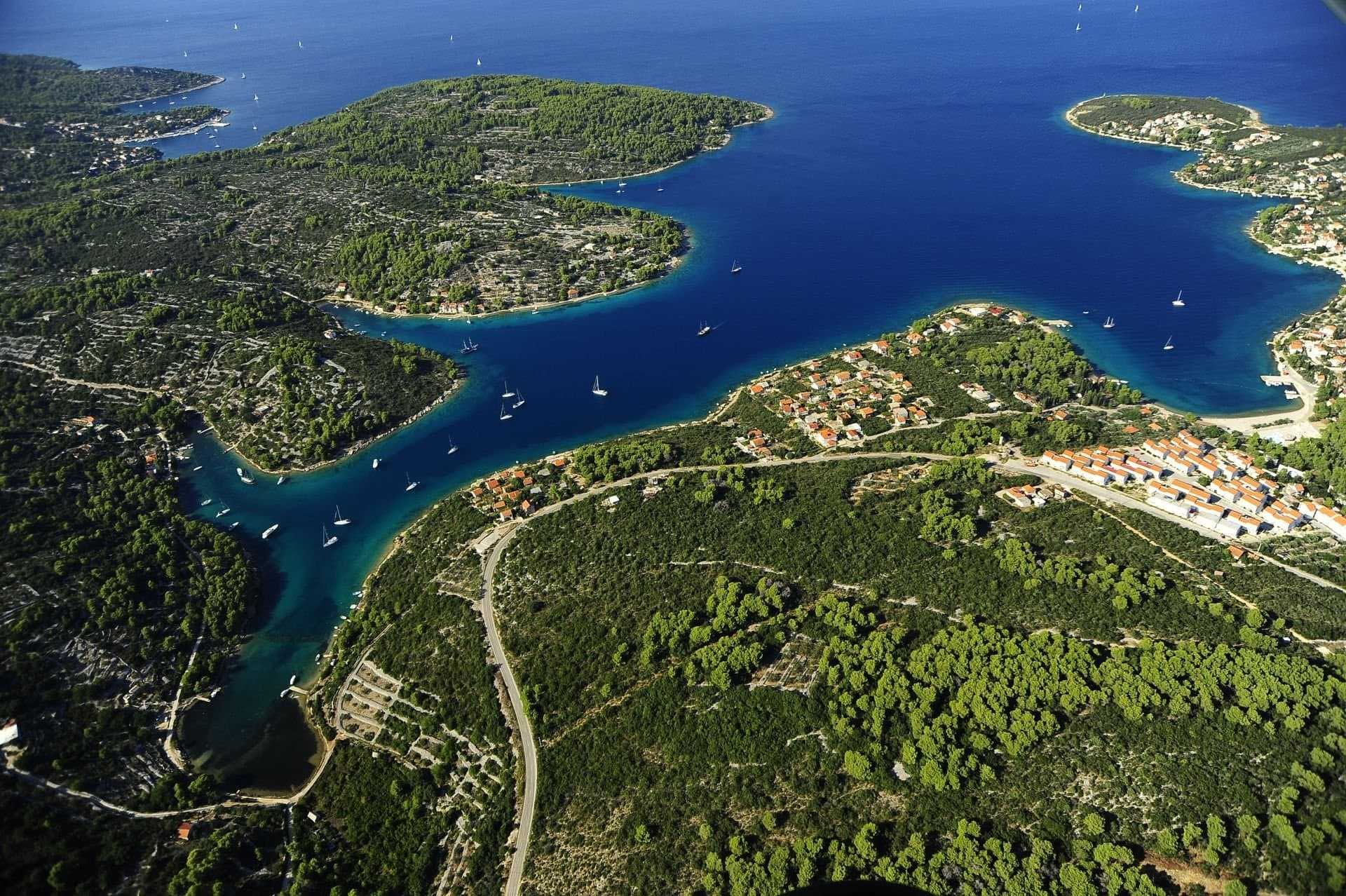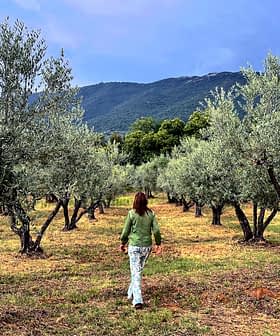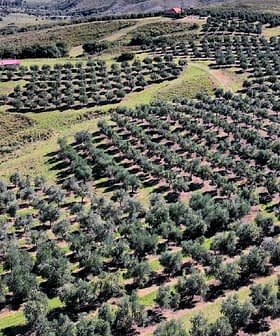Prolonged drought on the Croatian island of Šolta has led farmers there to predict a 25 decrease in olive oil production for the upcoming 2021/22 harvest.
Šolta is located on an archipelago off the Adriatic coast of the southern region of Dalmatia and is typically known for its mild winters and hot, dry summers. However, these summers seem to be getting hotter and drier.
We harvest early and process mostly green olives immediately after harvest because the high fruitiness, spiciness and freshness of our oil are more important to us than high yield.
“The dry year affected Dalmatian olive growers,” Zlatko Burić, president of Zlatna Šoltanka, an association comprising the island’s 20 producers, told Olive Oil Times. “The number of olive trees that coped well with a long period without rain is between one-third to one half.”
See Also:2021 Harvest Updates“However, the quality could be extremely high,” he added. “The oil could have a slightly more pronounced bitterness and spiciness, which will not stop fans of olive oil from continuing to enjoy it, just because of such properties.”
According to Burić, the island produced 2,000 liters of organic extra virgin olive oil in 2020/21, slightly down from the 3,500 liters produced in 2019/20. This year, he anticipates that producers will yield about 1,500 liters.
International Olive Council data show that Croatia produced 4,600 tons of olive oil in the 2020/21 crop year, the highest total since 2016/17.
Along with most other Croatian producers, Burić, who harvests 150 Šoltanka and 100 Oblica trees, said that Zlatna Šoltanka focuses on quality rather than quantity.
In 2016, olive oil produced on Šolta received Protected Designation of Origin (PDO) status from the European Union, which has helped consolidate producers’ push for quality.

The island of Šolta
“We choose only the best fruits for processing into oil because quantity is less important to us than quality,” he said. “We harvest early and process mostly green olives immediately after harvest because the high fruitiness, spiciness and freshness of our oil are more important to us than high yield.”
Burić added that olive growers on the island have long relied on ancestral knowledge of landscaping, traditional olive varieties, grafting and pruning to produce high-quality extra virgin olive oil.
However, the recent development of modern milling facilities and storage techniques, combined with the decision of the producers to start working together has allowed Zlatna Šoltanka to become a brand that can compete internationally.
“We are looking for a market that is willing to pay a higher price for the highest quality,” Burić said. “Dalmatian olive growers, encouraged by successes at international competitions, especially at the 2021 NYIOOC World Olive Oil Competition, have set out to conquer the demanding market together.”









